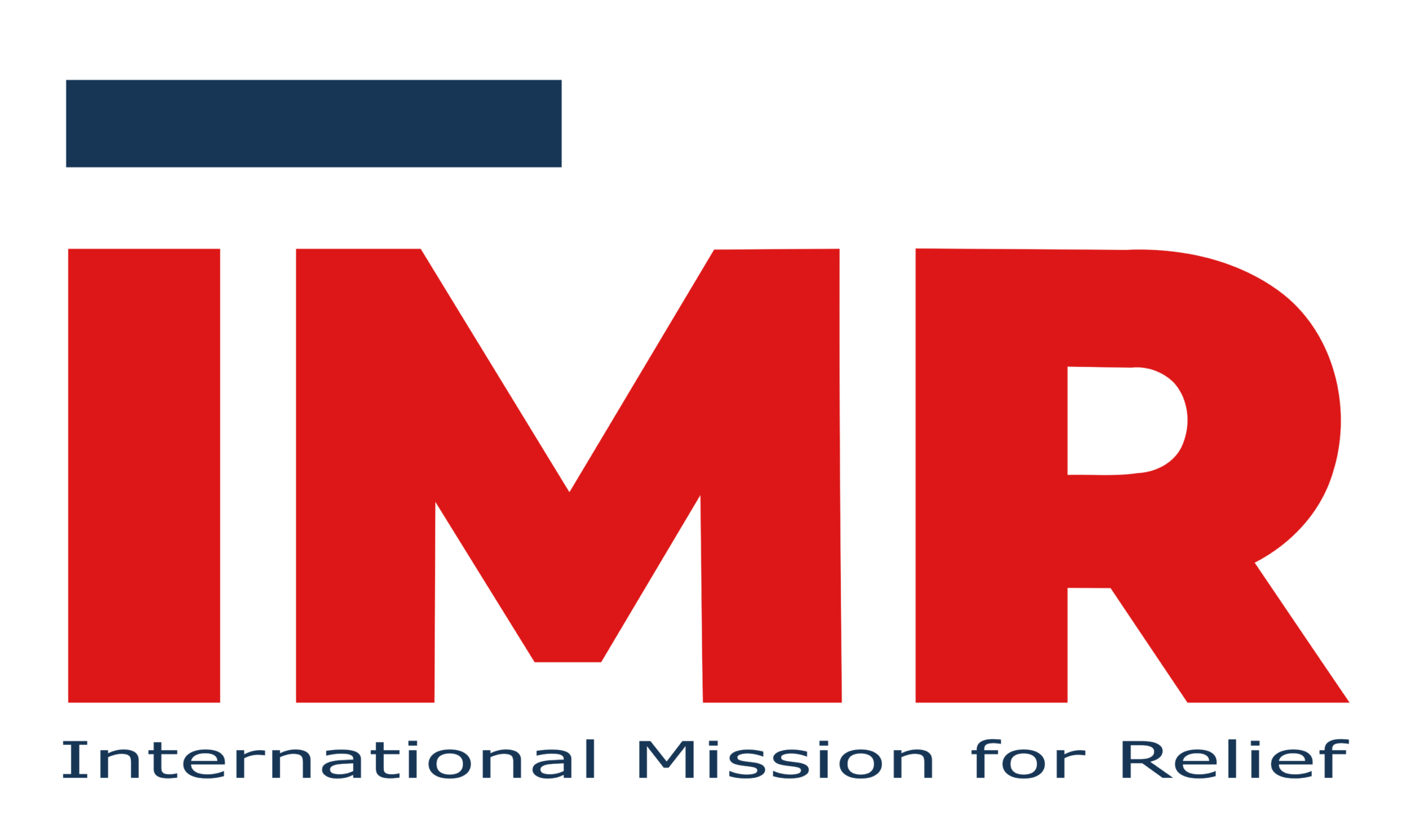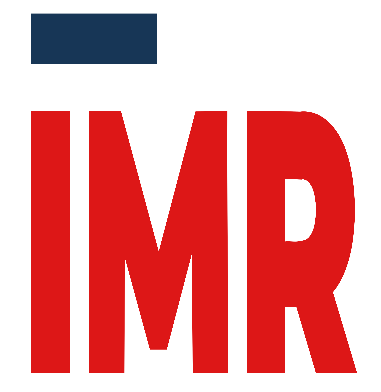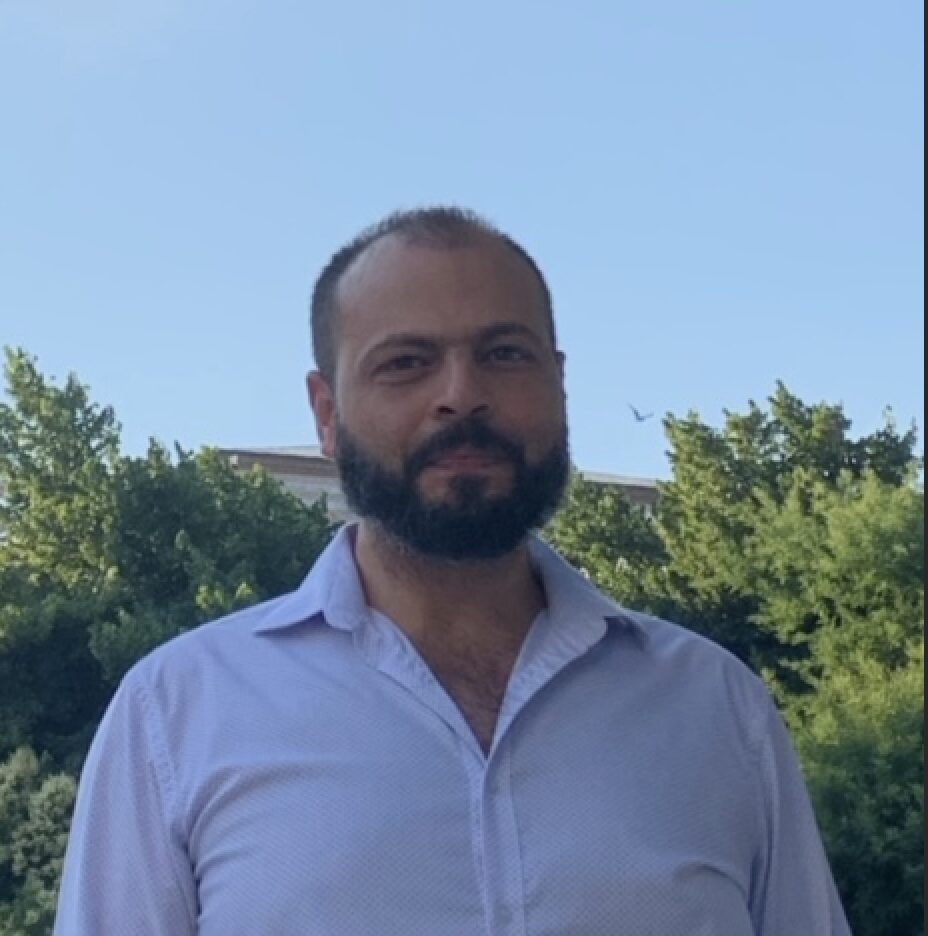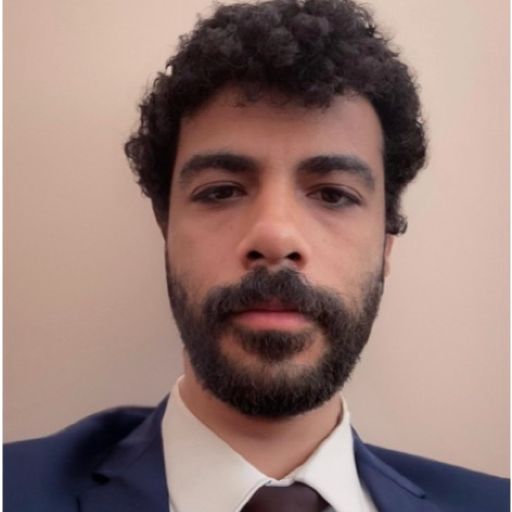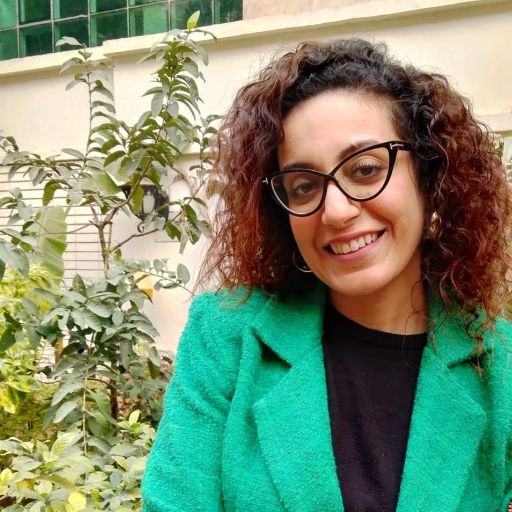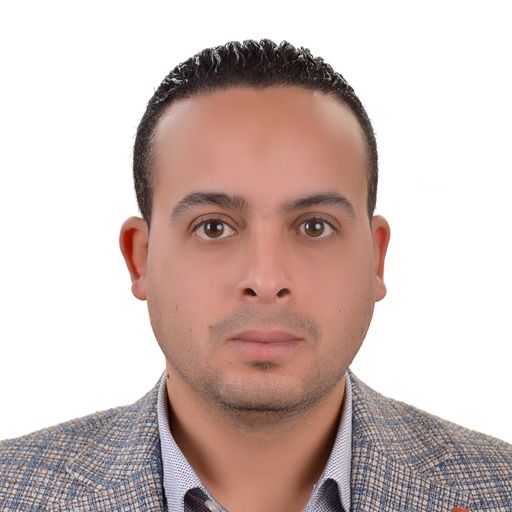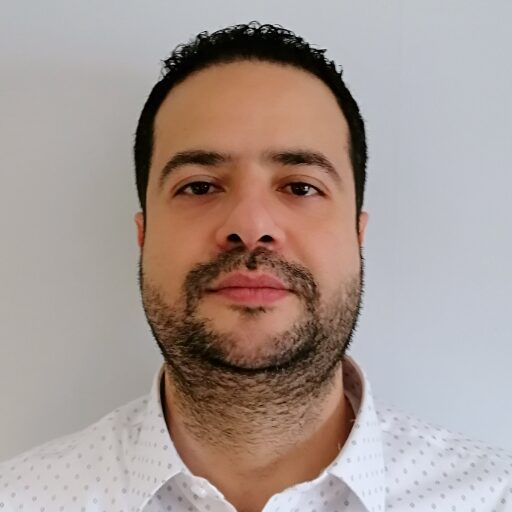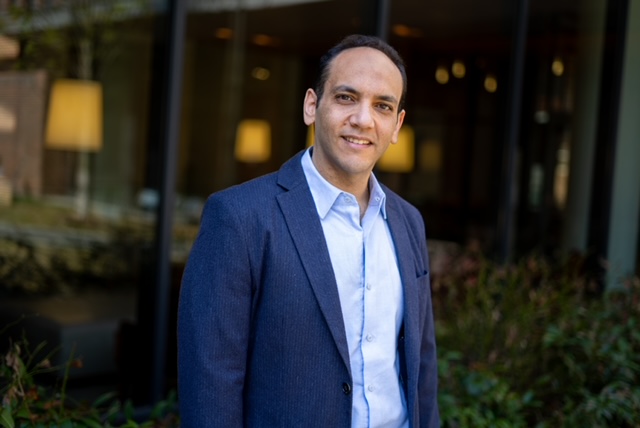Water, Sanitation and Hygiene (WASH)
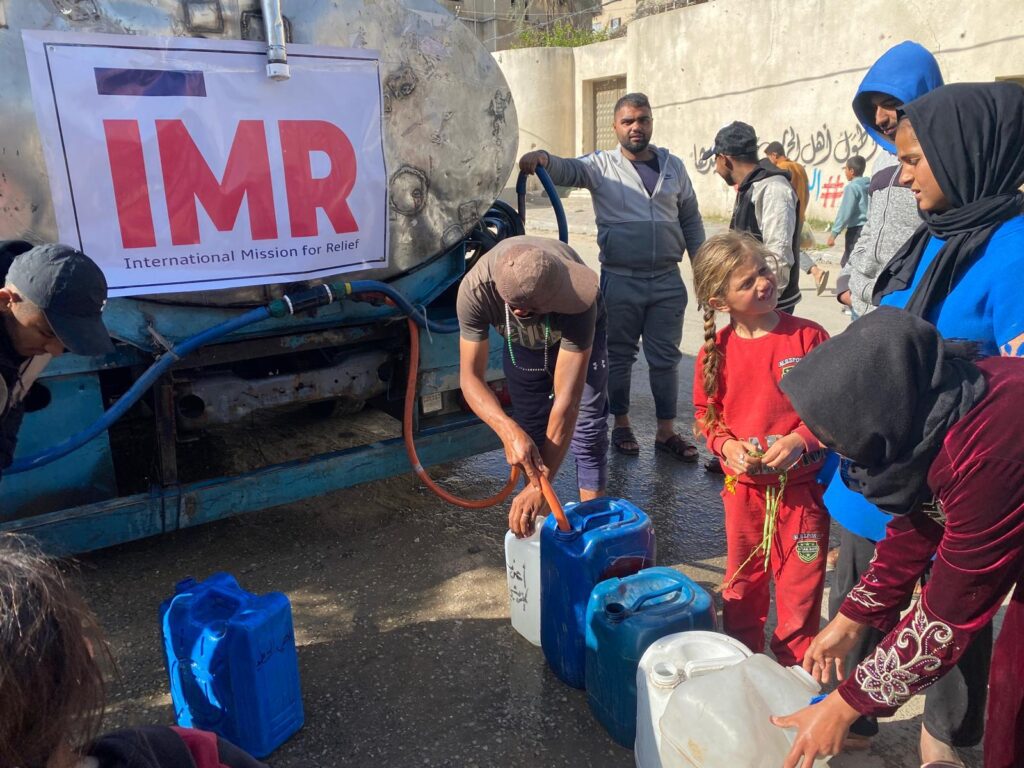
UPDATE:
Ramadan 2025
IMRelief successfully delivered water supply in Gaza for 7,200 of families who have been displaced from the north and are stranded amid the broken ceasefire.
Families, including children, need to carry heavy buckets of water and transport them for very long distances. It is therefore critical to maintain steady supply of water that is accessible and on daily basis.
Only with your support can we make this happen.
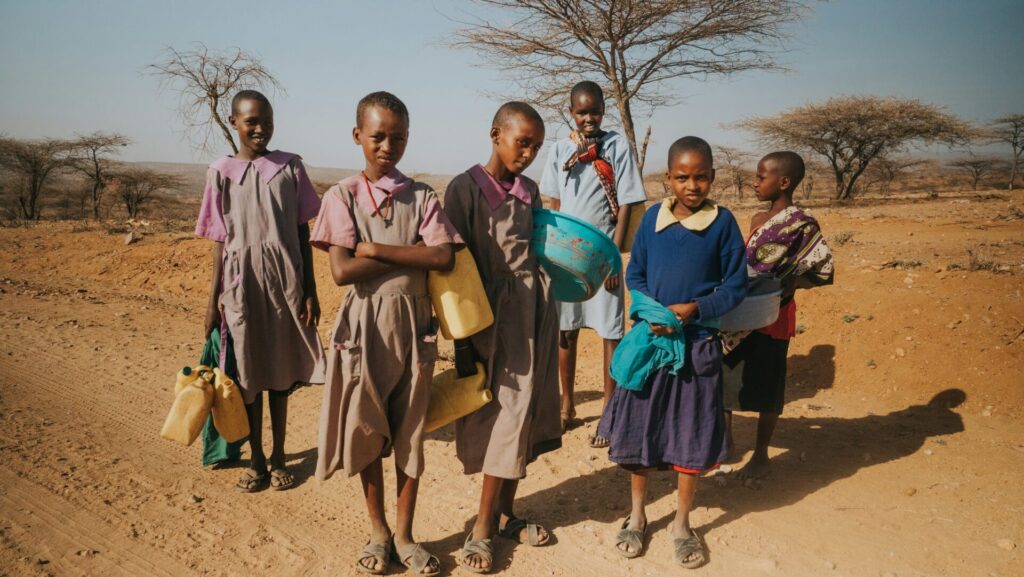
IMRELIEF EFFORTS
With your donations toward WASH interventions, such as building and maintaining water wells, IMRelief is able to:
- Reduce childhood mortality
- Provide families with safe and nourishing meals
- Protect crops and livestock from contaminated water
- Relieve families from the financial burden of bottled water supply
- Release the community from traveling the arduous long trip to obtain water, especially women and girls of school age who often bear an unfair share of the responsibility of gathering water.
In photo: School girls traveling long distance for hours on foot to get water. Daily task.
Sector Background
While some developing countries allocate adequate WASH investments, the most persistent challenge of the WASH sector is inequitable distribution, such as in the following ways:
- Urban vs. Rural Access: Most of WASH investments go to the urban water sector, leaving the vast majority of the rural population without a toilet and without access to improved/clean water
- Urban vs. Urban Slum: Even if within the urban footprint, many slums (e.g. in Bangladesh) suffer from “hidden urbanization” that is not captured on official definitions and statistics. An undercounted rural-but-urbanizing dense population as such poses significant risk of epidemic outbreaks with poor WASH coverage and community awareness.
- Continuity of Service: Even with secured WASH investments, one-time or low-quality investments can risk water points going out of service in the first few years.
According to UNICEF, three billion people don’t have soap and water at home, and over 800 million children attend schools where they can’t wash their hands. Globally, one in five children do not have enough water to meet their everyday needs.
